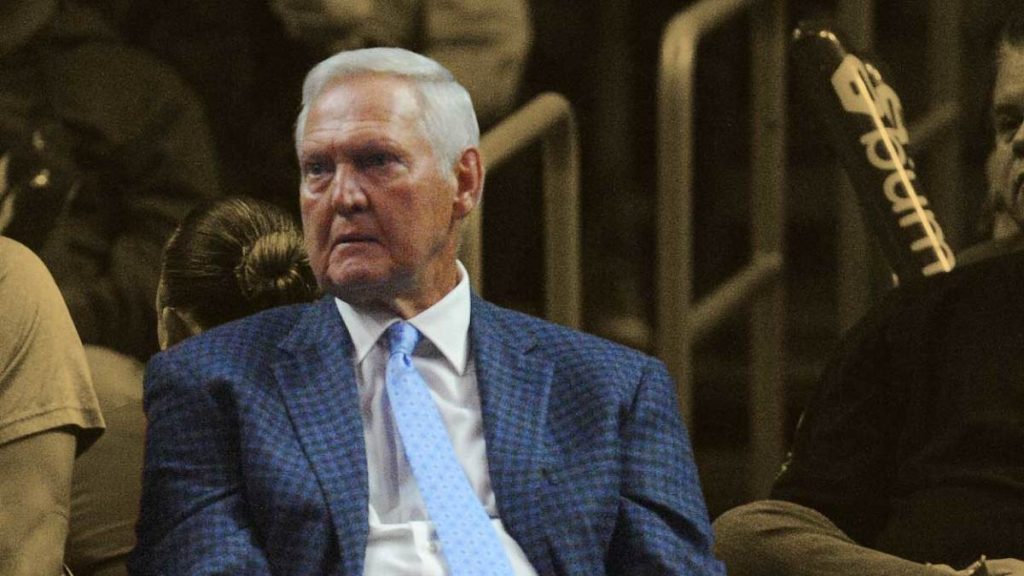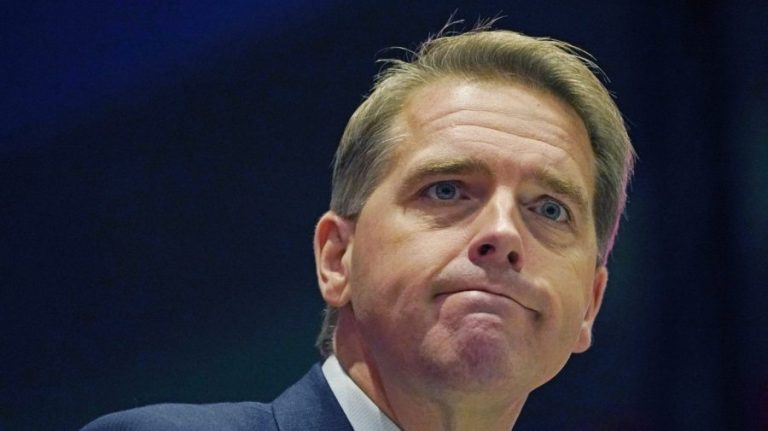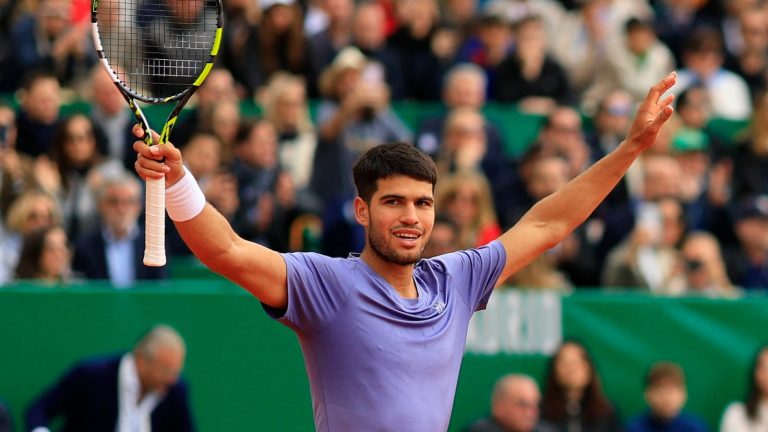
In the years following the Showtime era, the Los Angeles Lakers entered unfamiliar territory — irrelevance. The once-feared juggernaut, anchored by Magic Johnson, Kareem Abdul-Jabbar and James Worthy, began fading into the background of NBA contention after their retirements.
Pat Riley, the architect of the franchise’s ’80s dominance, had also moved on. By the mid-1990s, the Lakers were merely a shadow of what they once represented: a team struggling to maintain its identity in a league rapidly evolving around it.
An exhausting summer
For Jerry West, the late Hall of Fame player turned executive, it was a time for risk. In the summer of 1996, “The Logo” orchestrated one of the boldest double-moves in modern sports history, trading for the draft rights to 17-year-old Kobe Bryant and signing All-NBA center Shaquille O’Neal in free agency. Both acquisitions redefined the franchise for the next decade. But behind the scenes, the legendary general manager paid a steep price.
Advertisement
“After that was done and the draft was done, I had to go to the hospital for three days,” West once said. “I was just emotionally spent and exhausted. I don’t sleep. One day, I went to see the doctor, and he said the day after that, he said, ‘we’re going to have to put you in a hospital.’ And I was there for three days.”
The legendary guard turned basketball executive had staked the Lakers’ future on a high school prodigy and an unpredictable superstar center. The Charlotte Hornets selected Bryant 13th overall in the 1996 NBA Draft. The teenager from Lower Merion High School in Pennsylvania had never played a second of college basketball.
Yet West saw something. He’d spent countless hours evaluating Bryant’s footwork, instincts, and innate competitiveness. When he envisioned the 6’6″ guard alongside a dominant big man, the next chapter of the Lakers’ greatness began to take shape in his mind.
To complete the picture, he pursued O’Neal — a three-time All-Star in Orlando, a global sensation, and arguably the most physically dominant center since Wilt Chamberlain. Convincing “Big Diesel” to come to L.A. required navigating a minefield of salary cap intricacies, internal politics and frenzied media speculation. West absorbed it all.
Advertisement
Jerry’s Lakers blueprint
By the time the ink dried on the two deals, the toll on West’s body and mind had reached its limit. “The Logo,” normally composed and intensely focused, simply couldn’t go any further. Months of stress, sleepless nights and high-stakes decisions had culminated in three days of hospitalization.
“I have no energy at all and I’ve always been a high-energy person,” West revealed. “But that was the start of another great run for the Lakers and two of the greatest players we ever had.”
Advertisement
The price West paid soon became the foundation for the next Lakers dynasty.
From 2000 to 2002, Los Angeles captured three consecutive NBA championships. O’Neal won Finals MVP each time, dominating the paint with a blend of brute strength and underrated finesse. Maturing into a lethal scorer and tireless competitor, Bryant evolved from a precocious rookie to one of the league’s most feared guards.
Their partnership wasn’t always smooth. Egos clashed and philosophical differences festered, but the results were undeniable. During their peak, the Lakers were the NBA’s gold standard — winning 67 games in the 1999–2000 season and sweeping through the 2001 playoffs with a 15-1 postseason record, a mark that stood untouched for nearly two decades.
Together, Bryant and O’Neal formed the most formidable inside-out duo since Johnson and Abdul-Jabbar. They were transformative. On the court, they forced opponents into submission. Though no longer GM when their championship run peaked, West laid the cornerstone of that success.
Advertisement
His foresight in gambling on a teenager and pulling the league’s most sought-after free agent to Los Angeles changed the NBA’s landscape. The league, at the time, had never seen a high school guard drafted that high. But Bryant went on to play 20 seasons for the Lakers, becoming the franchise’s all-time leading scorer.


